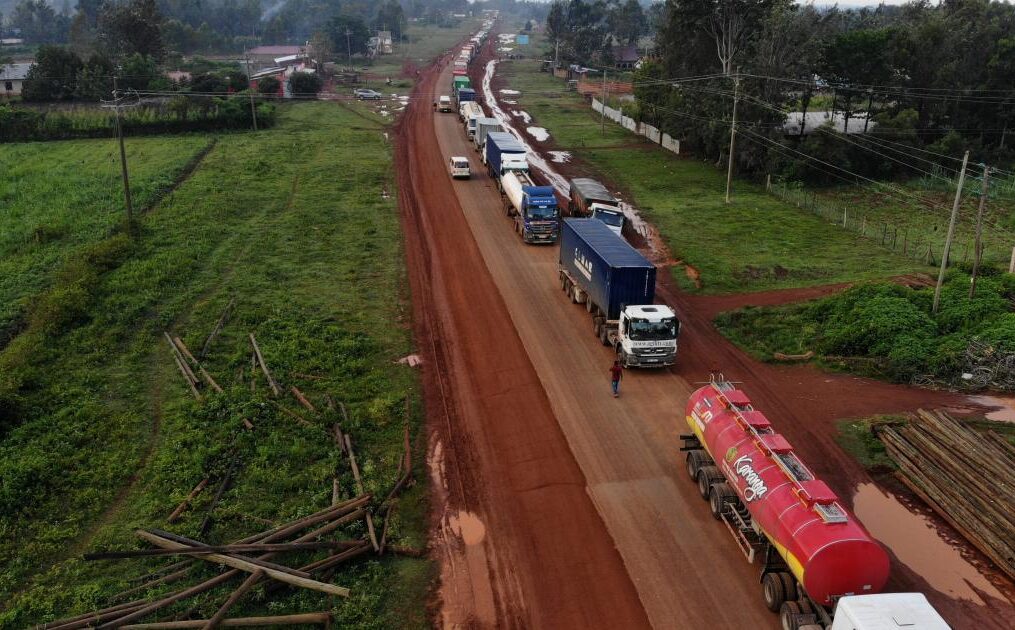Africa’s industrialization hinges on fixing logistics
The African Continental Free Trade Area promises to open up the continent’s market of 1.2 billion people, and improve the circumstances that currently keep intra-Africa trade around 17%, versus 68% in Europe, 59% in Asia, and 55% in America. Industrialization is the next necessary step, and the key to improved industrialization is improved logistics.
That was one of the key insights to emerge from a panel at this year’s Africa CEO Forum, the largest annual gathering of Africa’s private sector. The event in Abidjan brought together close to 2,000 political, business, and thought leaders. The session on how the health crisis is revolutionizing African logistics featured speakers like Ahmed Bennis, group business development director at Tanger Med in Morocco, Africa’s biggest port complex; and Portia Derby, CEO of Transnet, one of the continent’s largest rail, port, and pipeline companies.
The panelists noted that industrialization will enable Africa to create jobs for the 8-9 million Africans joining the labor force annually, and allow the continent to capture a larger value of global commodities markets. At present, Africa mostly exports raw materials, leaving greater economic benefits to other countries that add value through processing. That’s because processing on the continent is more expensive, and that is because of high energy costs and poor infrastructure.
How CEOS want to fix logistics
How can the continent overcome the challenges posed by logistics? Different panelists offered different solutions.
- Bennis cited five factors that will enable African ports to be competitive globally: “proper governance frameworks, high quality infrastructure, human capital, increased financing, and market access.”
- Derby said it’s crucial to think beyond ports. South African Transnet has one of the most modern rail networks on the continent, and the port of Durban is sub-Saharan Africa’s largest and busiest. But close to a third of the countries on the continent are landlocked; the same solutions won’t apply.
- Uche Ogboi, CEO of trucking logistics startup Lori Systems, said there is space for all players in tackling Africa’s logistical challenges—governments, private sector, financiers, and startups. In particular, startups can bring in innovative solutions such as digitization that increases efficiency in the sector. Lori is one of the few female-led startups of scale in the continent.
- Shipping giant Maersk’s Africa managing director, David Williams, spoke about the importance of integrated logistics, an idea Maersk has been embracing in its own quest to become a one-stop-shop.
- Jumoke Jagun-Dokunmu, Eastern Africa director at the International Finance Corporation (IFC), said that as devastating as the pandemic was for the continent, shortages and delays—sometimes of essential products—highlighted just how much investment is needed in the sector.
So how will all this be financed? “I know I am taking an unfavorable stance as everyone wants lower taxes,” quipped Transnet’s Derby. “But how will the continent afford all the infrastructure needed to improve logistics on the continent, if taxes are not increased?”
